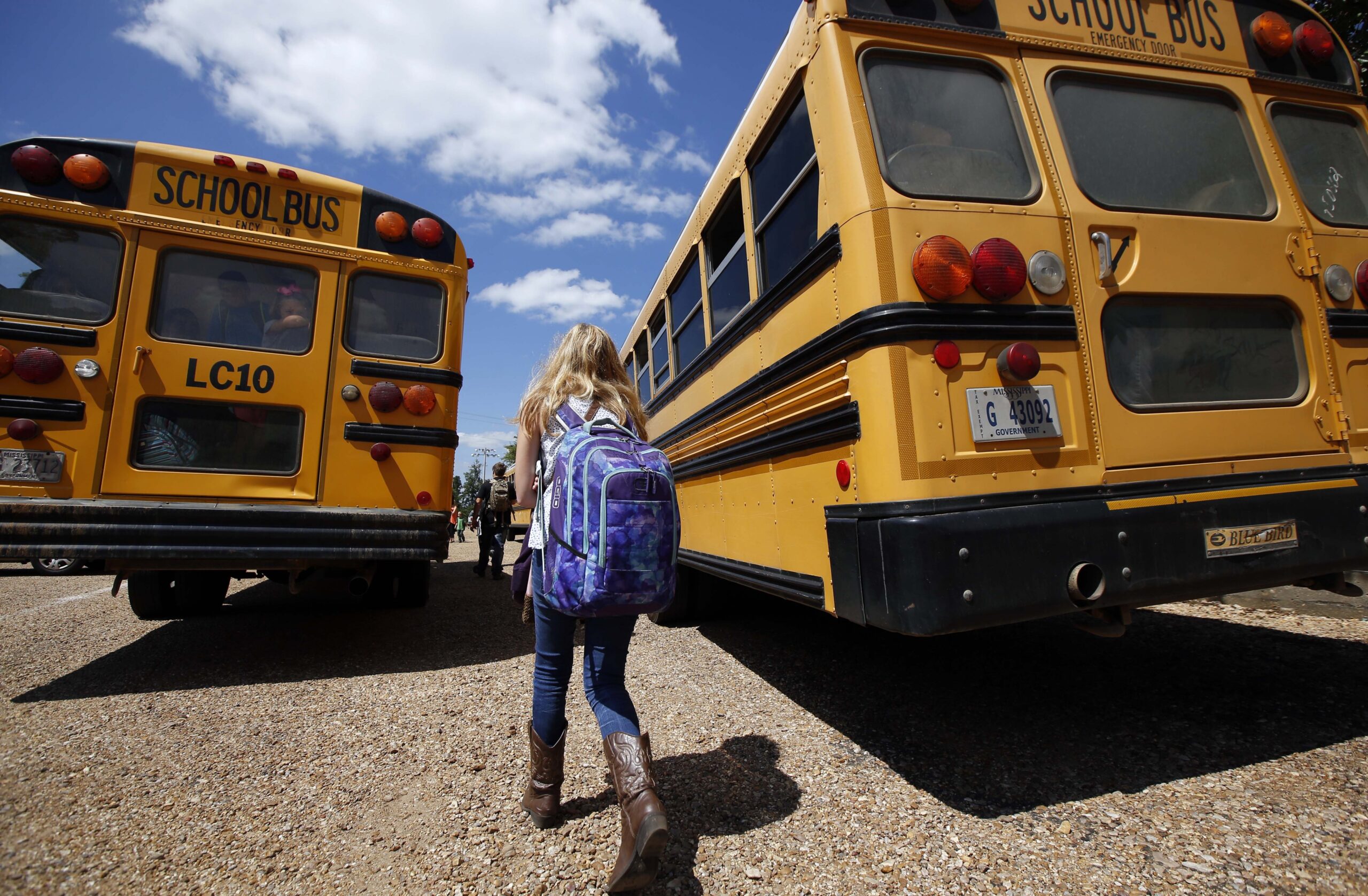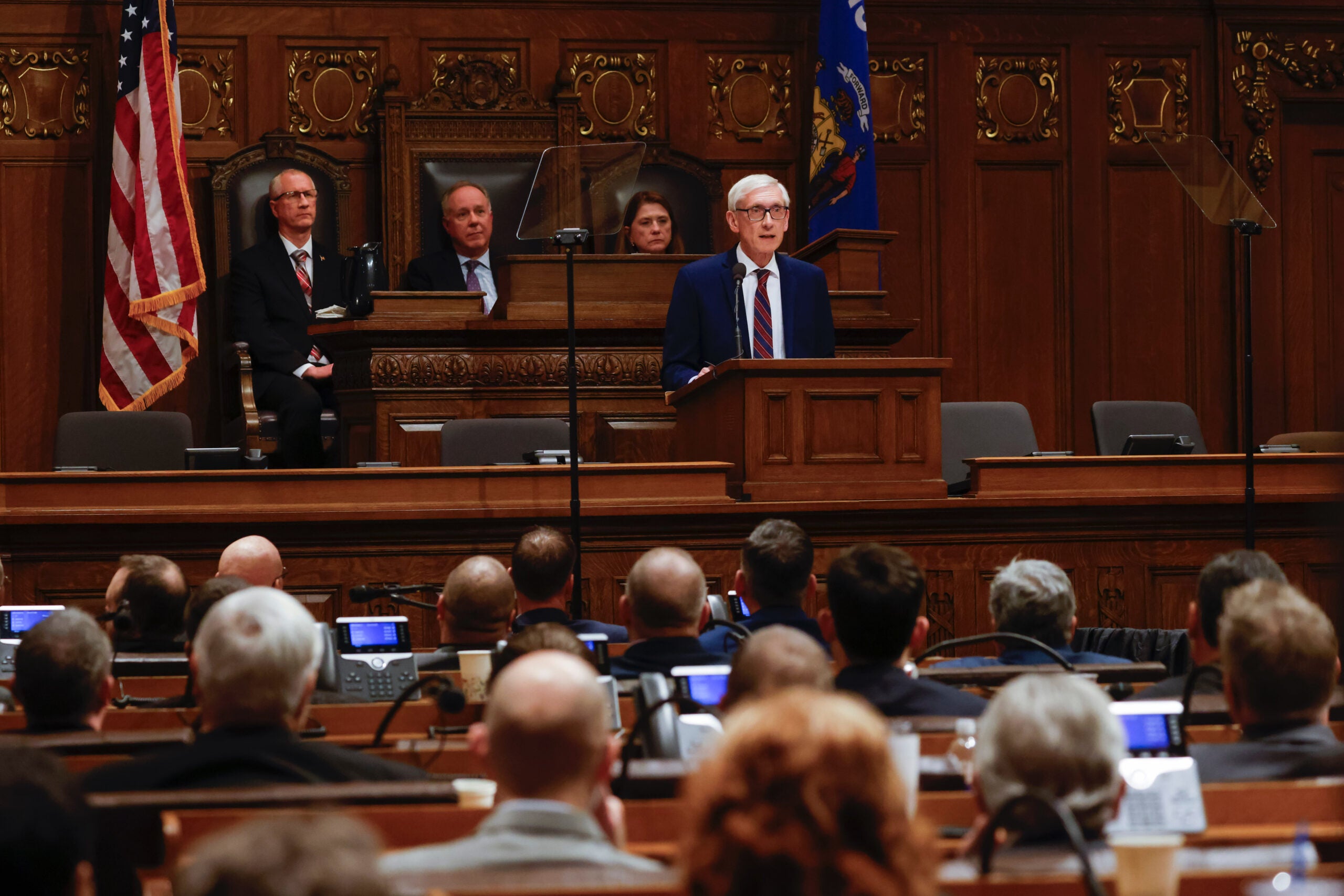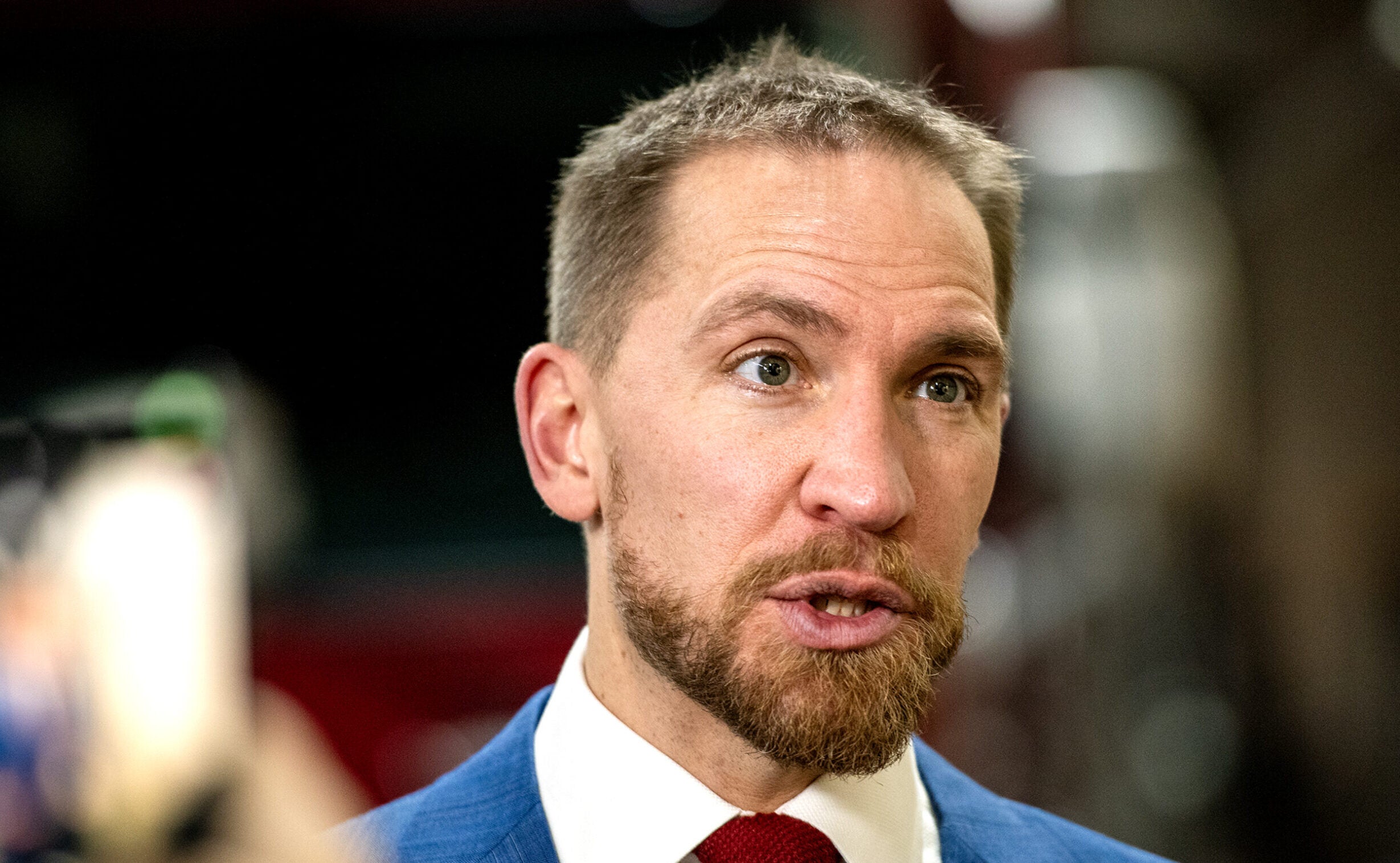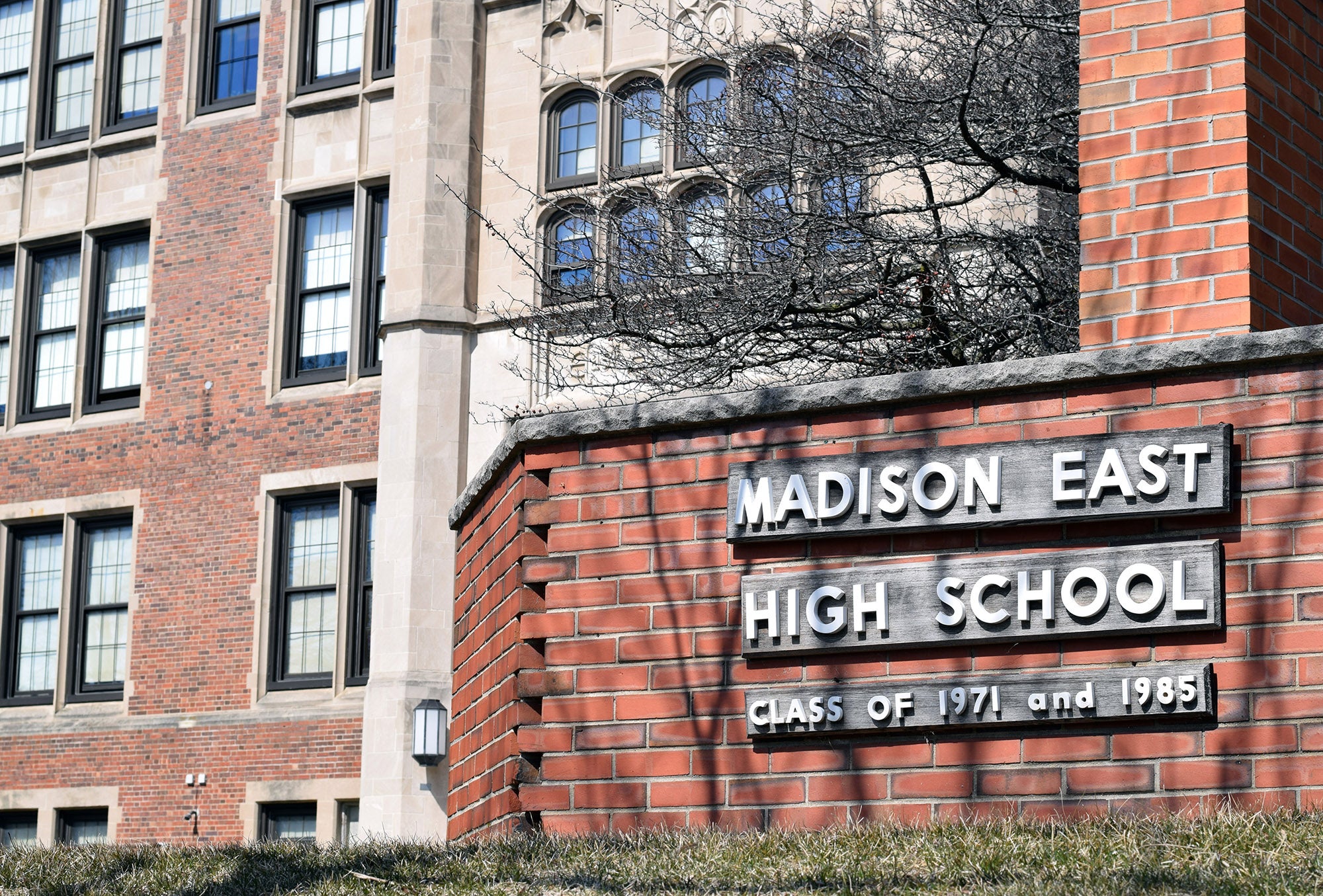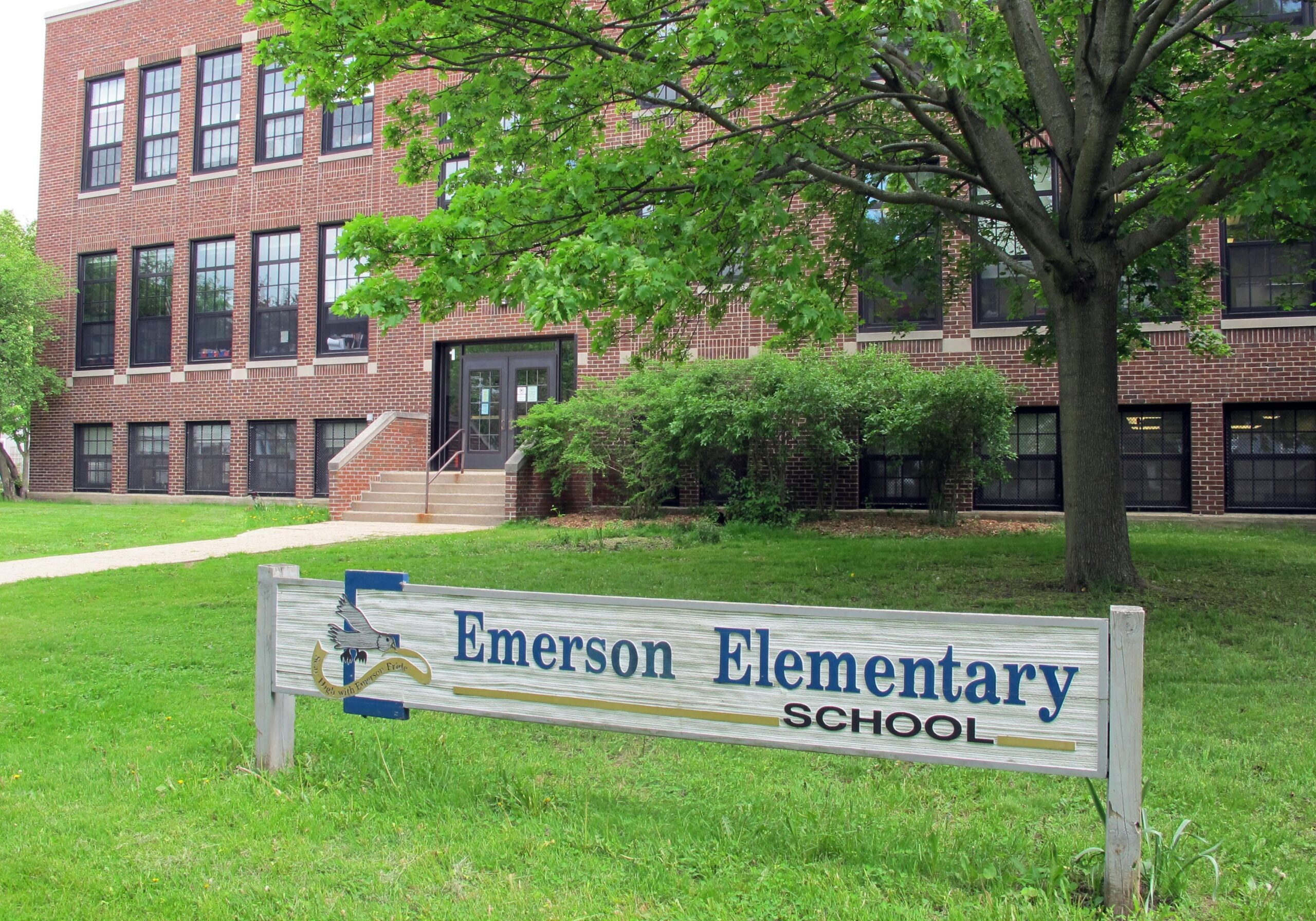Gov. Scott Walker is proposing to increase and expand aid that’s targeted to the state’s most rural, low-populated schools.
In the details he released Wednesday of his rural schools funding plan, Walker is also calling for increasing state aid to help rural schools pay high transportation costs and require the University of Wisconsin System to develop a program to train teacher’s aides and other paraprofessionals to become full-time teachers.
He is also proposing increasing funding for broadband and technology grants.
Stay informed on the latest news
Sign up for WPR’s email newsletter.
Walker said he is also planning to provide a “significant” increase for all public schools, and said details of that were to be released soon.
All of the funding proposals will be in Walker’s budget to be released next week. Walker made the announcement at stops at three rural schools Wednesday in Wauzeka, Hilbert and Crandon.
In Hilbert, the governor said the Act 10 law affecting collective bargaining gave school districts a way to offset those aid cuts by trimming costs. He said the money for this year’s proposed aid increase comes from a policy dividend.
“We believe now – in light of reforms that have helped us save money at the state and local level but empowered the people of this state to create more jobs, higher wages and greater prosperity – there is now a reform dividend,” Walker said.
Rural schools have been advocating for years for more money to address teacher shortages, declining enrollment, increasing transportation costs and to make investments in technology such as high-speed internet access.
Public schools, including those in rural parts of the state, have been pushing for more money and an increase in revenue limits to keep the funding in the classroom.
Walker’s proposal to bolster funding for rural schools is winning praise.
John Forester is director of the School Administrators Alliance that represents about 3,000 principals, superintendents and other administrators. Forester said Walker’s plan helps address the needs of rural schools, but their biggest priority is getting more money to pay for an increase in the per-pupil revenue cap.
Forester said he supports Walker’s rural school plan that would increase aid targeted to the smallest districts and help pay for the high cost of transporting students in rural areas.
Kim Kaukl is executive director of the Wisconsin Rural Schools Alliance, which represents about 144 schools. He said he sees “good things” in Walker’s plan.
Meanwhile, Democratic Senate Minority Leader Jennifer Shilling, D- La Crosse, pushed back on Walker’s proposal.
“I think it doesn’t go far enough,” she said, adding that Democrats will have to review the proposal before deciding if they’ll support it.
“We want to make sure it’s one that’s helping rural schools that have had a bruising time of it lately,” she said.
Editor’s Note: This story has been updated to include original reporting from WPR.
Wisconsin Public Radio, © Copyright 2025, Board of Regents of the University of Wisconsin System and Wisconsin Educational Communications Board.
